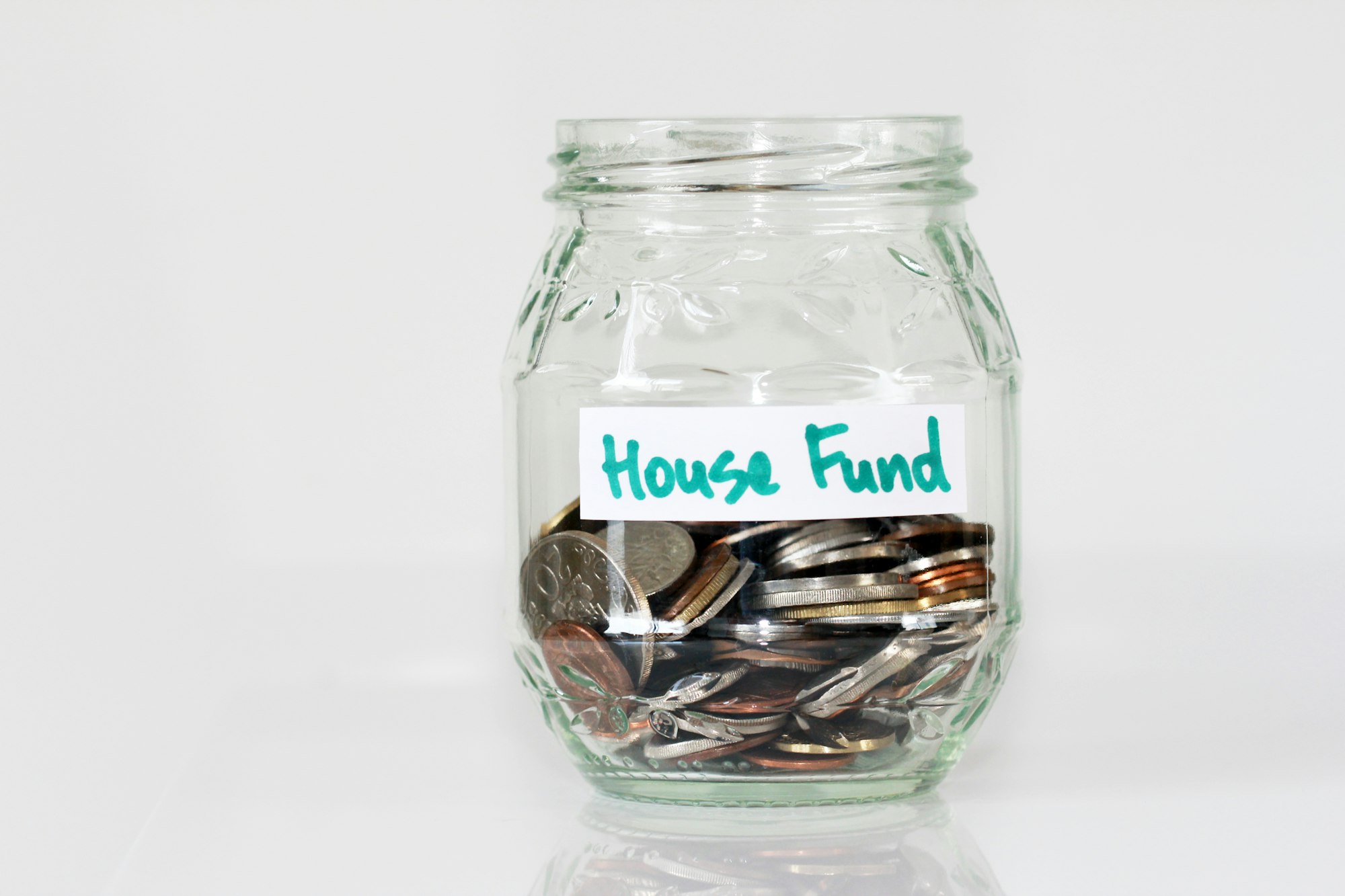
When Do I Know It's the Right Time to Refinance My House?
The refinancing process offers benefits to homeowners. Here’s what you need to know about refinancing and how to decide if it’s the right time.
If you’ve settled into your home for some time now and have ridden out a period of time in your current mortgage loan’s terms, you may be wondering: should I refinance my house?
The refinancing process offers benefits to homeowners, but with careful consideration and preparation beforehand. Here’s everything you need to know about refinancing your house and how you can decide if it’s the right time to do so.
What Does Refinancing Entail?
Refinancing is the process of taking out a new loan to pay down the remainder of your current loan, which can mean a mortgage loan with a different lender. This can help you:
- Pay down your mortgage loan faster
- Lower your monthly payments
- Tap into home equity for cash
Each of these can support financial goals you may have, especially if any life changes have occurred since you initially purchased your home.
When Should You Refinance Your House?
Now that you’re familiar with what the refinancing process looks like, you may be wondering: when is the right time to refinance my house?

Before proceeding, ask yourself the following:
- Am I moving soon or staying in this house? If you’re not planning on staying put and want to purchase another home in the near future, it’s likely not the right time to refinance. The savings offered by refinancing may be essentially canceled out by the expenses associated with a new purchase and mortgage loan.
- How long have I had my mortgage? The longer you’ve had your mortgage loan, the more the amount of your mortgage payment that goes towards interest decreases. If you’re well into the duration of your mortgage loan, a greater amount of your monthly payment goes towards the balance of the home. In turn, this helps build equity.
- Is there a penalty for paying off my mortgage early? Believe it or not, some mortgage lenders have a penalty for paying off your mortgage ahead of the loan term. You’ll want to do an analysis to assess if the savings a refinancing offers will outweigh this cost. You may also be able to negotiate waiving this penalty if you’re refinancing with the same lender.
How to Know If It’s the Right Time to Refinance
There are a variety of instances where you can be confident it’s the right time to refinance. Here are a few key events to help you decide:
When Mortgage Rates Have Dropped
When you took out your mortgage loan, you locked in the current rate offered. If the current mortgage rates in the market are lower than the rate of your initial loan, it’s a good time to refinance. Securing a lower rate for your mortgage loan can help save you money in the long run by lowering the amount you pay towards interest.
When Your Credit Score Has Improved
If you’ve put in time and effort to improve your credit score and it’s better than when you first took out your mortgage loan, you can also consider refinancing. Having a better credit score can mean more competitive offers from lenders, including lower interest rates.
When You’re Ready for a New Type of Mortgage Loan

If you’ve taken out a loan with a specific term, like a 30-year loan, and you’re ready to lower your loan terms to 15-years, you can accomplish this by refinancing. There are other loans that you can consider shifting out of through refinancing, like FHA loans. Each of these comes with the need for careful financial consideration to ensure you’re saving money in the long run.
Steps You Can Take to Refinance Your Home
Prepare Your Documents
The refinancing process is the same as you experienced when you first took out a mortgage loan to purchase your home. Lenders will want to see your credit score, debt-to-income ratio, and proof of income. Having a strong credit score and getting these documents prepared well ahead of time is a must when considering refinancing your home.
Analyze Your Budget
Take a close look at your budget and assess the stability of your current financial standing. Do you have strong, steady income? Have you identified the goals you want to achieve financially in the short- and long-term? What’s your plan to ensure your credit score stays strong? Having these questions answered, and your budget squared away well ahead of time can set you up for success when refinancing.
Clean Up Your Debt-to-Income Ratio
In addition to your debt-to-income ratio being factored into refinancing by lenders, it’s also a good idea to minimize your amounts of debt before pursuing refinancing your house. Doing so can help improve your credit score, free up more cash, and demonstrate solid financial standing to prospective lenders.
Shop Around Different Lenders
You don’t have to refinance through your current mortgage lender. Look at rates and terms offered by other lenders and compare offerings. You can also leverage pre-qualification from lenders beforehand to get a general idea of refinancing with only a soft credit check, which won’t lower your credit score as much as a regular credit check.
Eager for more information on the mortgage process or possibly elling your home? To get more perspective on mortgages, buying and selling, get connected to the best real estate agents on RealEstateAgents.com today.






